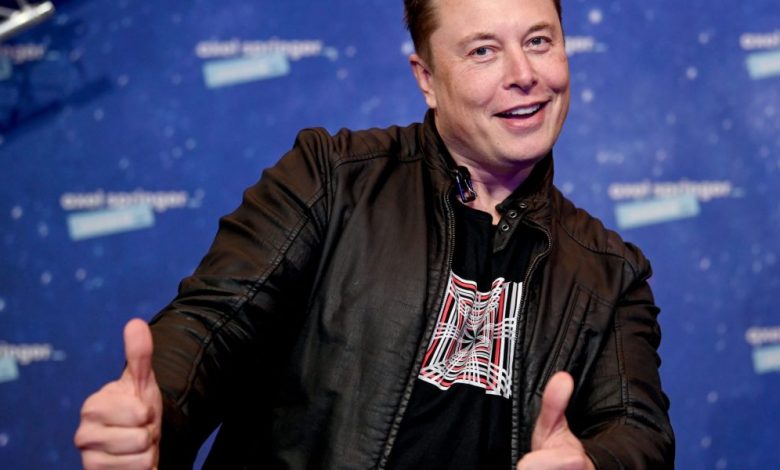CEOs are gleefully watching Elon Musk’s “hardcore” tactics on Twitter

Elon Musk has made some enemies since taking over Twitter, including at least half of Twitter’s (now former) employees and Twitter users who believe the platform is dying. However, some more traditional CEOs are warming to Musk’s ways.
The Tesla CEO has become a poster boy for colleagues who are fed up with the new emphasis on work-life balance and their employees’ desire to detach from the hustle and bustle, reports Callum Borchers of The Wall Street Journal. “I think every successful CEO, myself included, is fed up with the whining,” Michael Friedman, chief executive officer of New York investment firm First Level Capital, told Borchers.
In the age of remote work, workers have found a new emphasis on flexibility and work-life balance that they want to hold on to while bosses push for a return to the office. According to a McKinsey survey last June, 87% of respondents have offered the opportunity to work from home.
But Musk has none of it. After 50% of the Twitter workforce was email-fired or email accounts suspended, Musk sent a midnight email to the remaining employees to create “Twitter 2.0”: “A new culture that” extremely hardcore” and would include “long hours of high intensity”. ” Those who did not agree would be fired with seven months’ severance pay.
His underhanded approach has been criticized as unprofessional and lacking in compassion by human resource managers – one even calling his actions “weak, pathetic and cruel”. Some suggested he should have fired workers, as Mark Zuckerberg did a week later at Meta, who took personal responsibility. Preliminary company data shows as many as 1,200 Twitter employees left in response to Musk’s ultimatum. One worker, Dmitry Borodaenko, a cancer survivor who was fired due to his desire to work remotely, filed a class-action lawsuit against Twitter.
The end of the nice boss
Managers tried to be “the nice guy” for a couple of years when the workforce relaxed in sweatpants and Zoom calls during the pandemic. But for executives like Musk, who are done with the new way of working, things are getting boring. He can play by different rules than other CEOs, Borchers writes, who watch Musk’s “hardcore” tactics from the sidelines and wish they could do the same. Friedman admitted that the lack of zeros after his name prohibits him from having the influence that Musk has.
It’s all part of the “do-gooder fatigue” some bosses experience, a senior headhunter told the Financial Times: Nowadays, “the feeling is that we need to get back to business”.
But not everyone is a “musketeer”. When Musk made one of his ultimatums to Tesla employees about the 40-hour work week in the office in the summer, many CEOs pushed back. Productivity isn’t just about being personal, said Craig Corn, CEO of Reverse Mortgage Funding, LLC wealth. “Instead of chasing after one’s fame or brand, business leaders should focus on accessibility,” he said. “Most employees don’t need—or want—their leaders by their side.
The split between executives who support the way Musk treats workers and executives who criticize his approach is symbolic of the post-pandemic split in CEO culture, with companies less responsive to the wants and needs of a CEO employees as a recession looms.
Whether Twitter and its staff will stick around to make Musk’s hardcore vision a reality will be a lesson to CEOs who want to play by his book.
Our new weekly Impact Report newsletter will examine how ESG news and trends are shaping the roles and responsibilities of today’s leaders – and how best to address these challenges. Subscribe here.



